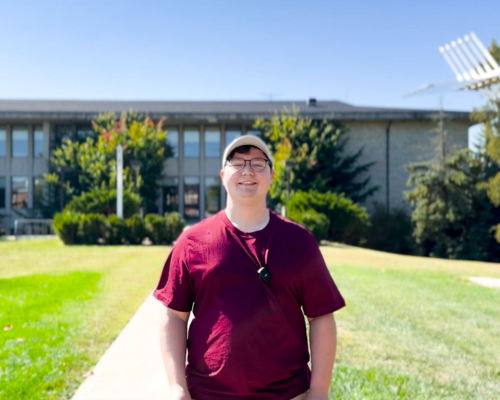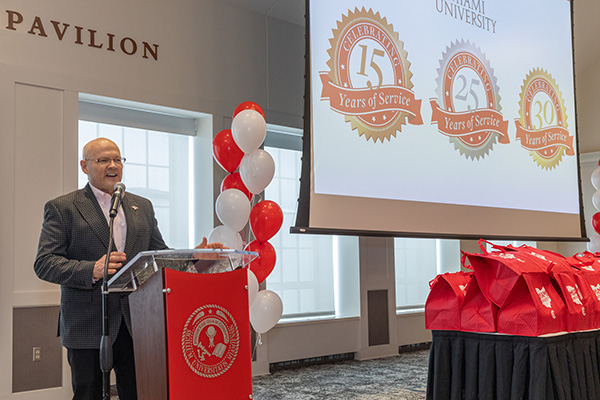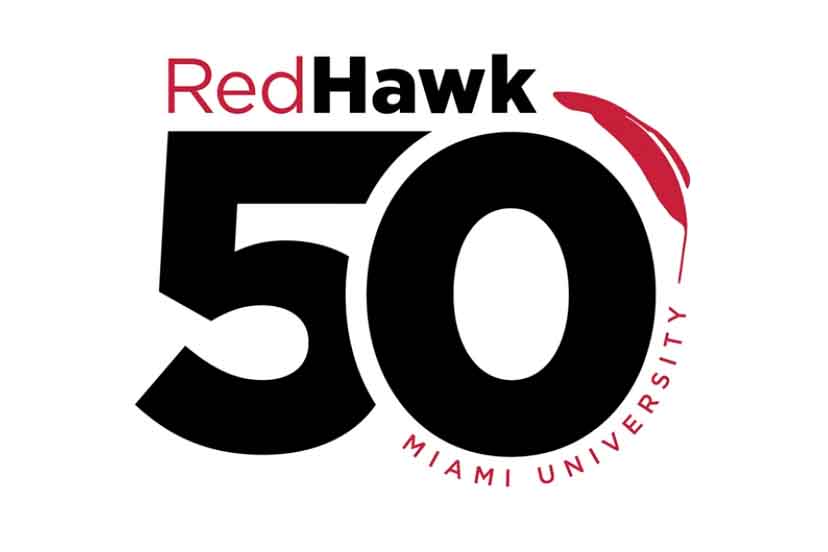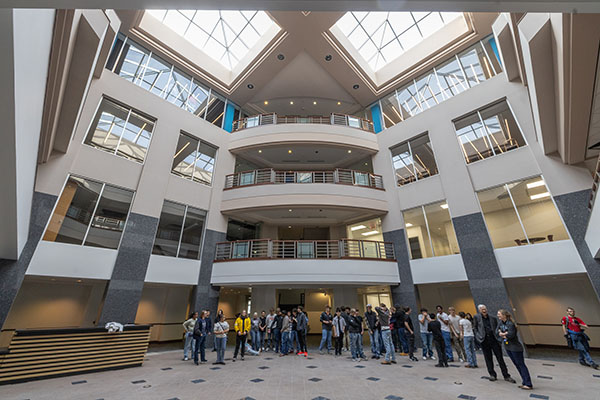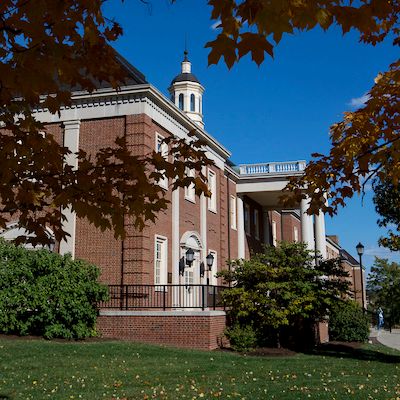
Imagination. Ingenuity. Impact.
Engineers and computer scientists don't just solve problems: They change the world. Here at the College of Engineering and Computing (CEC), students learn how to provide solutions to society's most pressing issues by working to improve the human condition through the products and systems we all rely on. Guided by CEC's Socially Engaged Engineering and Computing philosophy, our students follow their passions and learn how to use ingenuity and imagination to impact the world positively.


99%
Success Rate – Bachelor’s Degree Oxford CEC Students (Miami University First Destination Report 2023–24)
$84,404
Average Starting Salary – Bachelor’s Degree Oxford CEC Students (Miami University First Destination Report 2023–24)
Explore our four departments
Discover what it's like to study engineering and computing at Miami University.
This is our story. Make it yours.
Want to know what the Miami experience is all about? Meet the people who make Miami such a special place.
Eric Kronz ’24
Co-majors: Mechanical Engineering, Sustainability
Bradley Gartner ’25
Major: Robotics Engineering
Veena Chidurala
Assistant Professor of Electrical and Computer Engineering
Our Vision and Mission
At the College of Engineering and Computing, our vision is to be an inclusive community of scholars known for exceptional personalized engineering and computing education. Our mission is to champion technical innovation, an entrepreneurial mindset, leadership, and the advancement of technology for societal good.
Experiential Learning Through a Global Lens
2,800
students participate in funded research alongside faculty
46.7%
of undergraduates earn credit studying abroad
90+
countries offer experiential education opportunities abroad
Centers and Institutes
Center for Assistive Technology
The Center for Assistive Technology is an interdisciplinary center working collaboratively with Scripps Gerontology Center as well as the Center for Social Entrepreneurship in Farmer School of Business.
Lilly Leadership Institute
The Lilly Leadership Institute is working to cultivate leaders who will flourish in their professions and lives by thinking strategically, working collaboratively with others, effectively communicating their ideas, and finding innovative solutions to society's most complex problems.
Paper Science and Engineering Foundation
The Paper Science and Engineering Foundation augments the academic curriculum delivered by the Chemical, Paper, and Biomedical Engineering (CPB) Department. We provide the little things that make a big difference to the students: merit-based scholarships and key networking contacts to get great jobs.
Center for Cybersecurity
At Miami University's Center for Cybersecurity, we bring together experts from across the university, encompassing the fields of computer information technology, computer science, information systems and analytics, and political science.
Brent Blouch, '96
President and Chief Operating Officer, Swagelok
Brent Blouch graduated from Miami University in 1996 with a degree in Manufacturing Engineering. Today, he is the President and Chief Operating Officer of Swagelok.
Brian Niccol '96
Chairman and CEO, Starbucks Coffee Company
Niccol graduated from Miami in 1996 with a bachelor's in Engineering Management. Today, he is the CEO of Starbucks.
Caroline Danzi '17
Software Engineer, Google
Danzi shared her passion for computing and strengthened her technical skills by teaching school children to code through Kode2Learn and Girls Who Code.
Lynn Good '81
CEO, Duke Energy
Good graduated from Miami in 1981 with a bachelor's in System Analysis. Now, she is president and CEO of Duke Energy, one of the largest energy companies in the U.S. Under her leadership, Duke's focus has shifted to creating cleaner, smarter energy while serving customers and communities.
Lyndsey McMillon-Brown '13
Research Engineer, NASA
McMillon-Brown graduated from Miami University in 2013 with a bachelor's in Mechanical and Manufacturing Engineering. Now, she is a Research Engineer at NASA Glenn Research Center. In January 2025, McMillon-Brown was awarded the prestigious Presidential Early Career Award for Scientists and Engineers (PECASE) by President Biden.
Scott Berkey '78
CEO, SIMULIA Brand of Dassault Systemes
Berkey graduated from Miami in 1978 with a bachelor's in Systems Analysis. After working in manufacturing IT, high tech software and as CEO of two startups, Scott completed his career as CEO of the SIMULIA Brand of Dassault Systemes and senior vice president of Sciences and Simulations.
Maria (Walker) Bennett '95
President, CEO, and Founder, SPR Therapeutics, Inc.
Bennett graduated from Miami in 1995 with a bachelor's in Engineering Management. She is now the president, CEO, and founder of SPR Therapeutics, helping improve the lives of individuals suffering from pain with its SPRINT peripheral nerve stimulation (PNS) systems.
